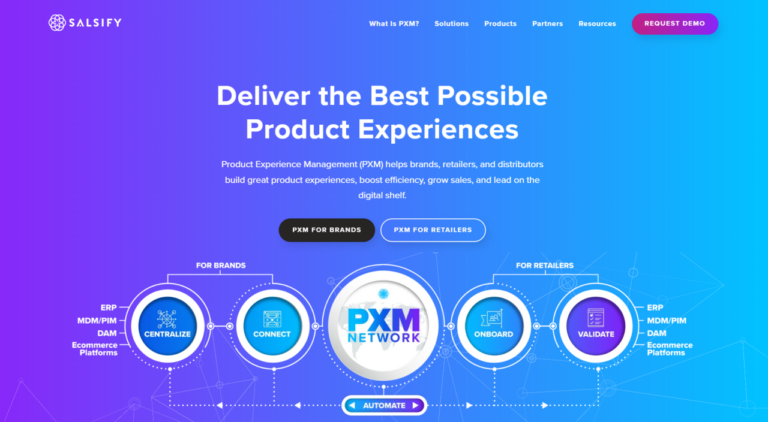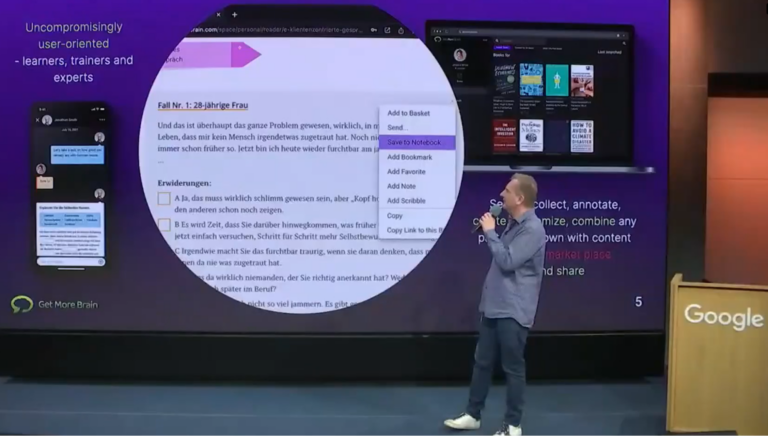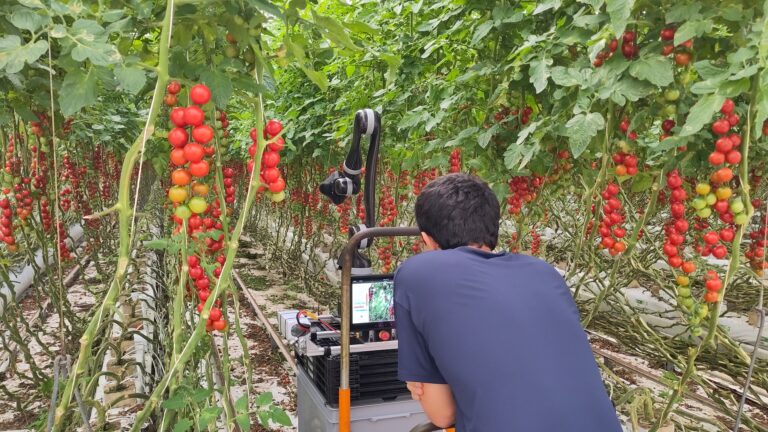Swiss-based FRENIC helps businesses go-to-market or design technology solutions that last and outperfom.
“If you want time then you must make it”, goes a saying. But in today’s always on world with mobile devices an extended part of our body, the next distraction is only a scroll away. The young generation spends between 5-7 hrs per day on their mobile phone, mostly on social media, according to surveys. This is not only reducing productivity but can also lead to stress, anxiety, sleep deprivation and nomophobia. And it’s so addictive that 90% fail when trying to change their behaviour.
Note: A German version is available on Swiss ICT news platform inside-it.ch
Digital Wellbeing
When I first came across Swiss startup Zario last year, I liked digital wellbeing as a market that is only to grow – just think of the looming personality disorders with metaverse. And of course: I experienced the addiction myself. But I thought that there are tons of wellbeing apps out already and that only very few people would actually bow to something that is coercively locking their apps. And also missed parental controls for at least enforcing it for my kids.
Essentially, I didn’t understand how Zario addresses the problem.
Breaking Habits
With the Zario app, reducing screen time becomes a more pleasant experience: First, users undergo daily challenges such as “go buy five food items you never had tried before”. This offers fresh inspiration for breaking habits. Second, your app usage behaviour can trigger a “circuit breaker”. But instead of solely restricting an app, Zario tries to primarily raise behavioural awareness by flagging the number of app opens and then honour goal-compliant behaviour with what they call a “reality escape”: time users can spend without being policed, and other rewards.

Incentives, Not Punishment
Third, Zario plans to gamify the experience with a collaborative approach, espececially targeting the schoolyard: Users can team up with peers and enter into competitions with other teams, earning app currency which they can then spend e.g. for buying other (more healthy) apps from affiliates. And that’s an important point: The goal is not just to limit screen time but to overall help becoming more mindful in spending one’s free time.
First tests show that Gen Z users born between somewhat 1997 to 2012 like the gamified approach with team competition. And their Gen Y parents show a higher willingness for mindful practices anyway: This can be seen in meditation apps that double revenues every two to three years – certainly also boosted a bit due to Corona lockdowns.
Ambitious Plans
Zario hopes to catapult revenues from zero to 200M over the next five years. That’s ambitious – even if all goes as per the plan which it didn’t always in the past: Starting in 2021, Zario had first to overcome classical startup problems: app development isn’t as straightforward as it looks, and building a good team takes time. So their current free app with about 15’000 downloads has not been updated since April 2022, featuring an MVP with 200 challenges only.

But the team is confident that the new circuit breaker and a new focus mode will be released in Q1 so that they can start monetizing the Zario app later this year. Paid downloads are one way to generate revenue but they also want to rollout their app en masse with health insurance providers and enterprises – organisations that have a direct benefit in keeping people healthy and productive. And with the gamification features, affiliate revenues should be kicking in at a later stage too.
High Revenue Potential – And Risk
Meanwhile, this serviceable addressable market (SAM) of an estimated 5 billion USD globally will get more crowded with already established or new competitors: For instance, Freedom has about 2 million users, lots of features and also monitors users on every device. Digital Detox lets you pick challenge levels, and has you pay if you don’t behave. And the opinion-maker backed Opal app even predicts future behaviour – albeit for iPhone users only and rather expensive too.
However, Zario looks promising to me as a “high risk high reward” investment: The market is attractive, the team has smart ideas and seems solidified, and with relatively little money, the growth potential should be easy to test. Zario is currently raising half a million Swiss francs to secure the next 12-18 months for finishing a marketable app and starting the monetisation of Zario.
#digitalwellbeing #screentime #digitaldetox #startup #swissmade Zario Inside IT SICTIC – Swiss ICT Investor Club
This article is a repost of a piece published in German on Swiss ICT news platform inside-it on 19-Jan-2023. The content of this article reflects Ramon’s personal opinion and shall not be construed as investment advice.



